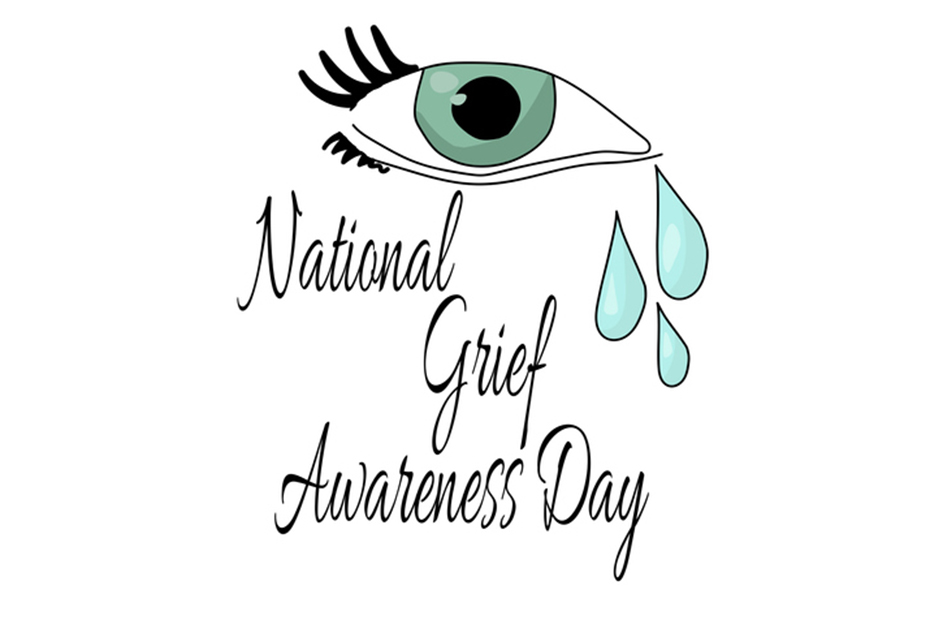Grief never ends, but it changes. It’s a passage, not a place to stay. Grief is not a sign of weakness, nor a lack of faith. It is the price of love. ~unknown
Grief is defined by Miriam-Webster as “a deep and poignant distress caused by or as if by bereavement (or loss.)” We all grieve for different things in our lives. When we lose a loved one, or a pet, or a job, or experience an illness, we grieve. We grieve when we experience meaningful loss, and it is a part of life that we all experience.
You may have heard about the “stages of grief:” denial, anger, bargaining, depression, and acceptance. These “stages of grief” were first published by Elizabeth Kubler-Ross in a 1969 book On Death and Dying. Although many people may experience these feelings, it has become evident that all people do not grieve in the same way. It is important to recognize your own grieving process.
When we experience loss, we may feel sadness, fear, anger, confusion, loneliness, or other feelings like guilt, shame, blame, or resentment. These feelings can be overwhelming at times but know that although grief is a normal part of life, it doesn’t have to last forever. It is important to recognize and acknowledge these feelings, and it’s also important to express our feelings to others – especially those who are close to us. Often, family members, friends, or co-workers are there to listen. They may offer suggestions or help us to express our feelings.
There are many ways to work toward healing from grief. One way is to focus on the good memories and meaningful experiences that were shared. Other ways are to talk about these painful feelings, pray or meditate. Support groups or professional counseling may be appropriate if it is difficult to heal from grief. Behavioral Health Solutions can help if you cannot manage your grief. Call toll-free: 833-719-0886.
August 30th is Grief Awareness Day – a time to learn more about grief and help those who have suffered a loss and are grieving.


